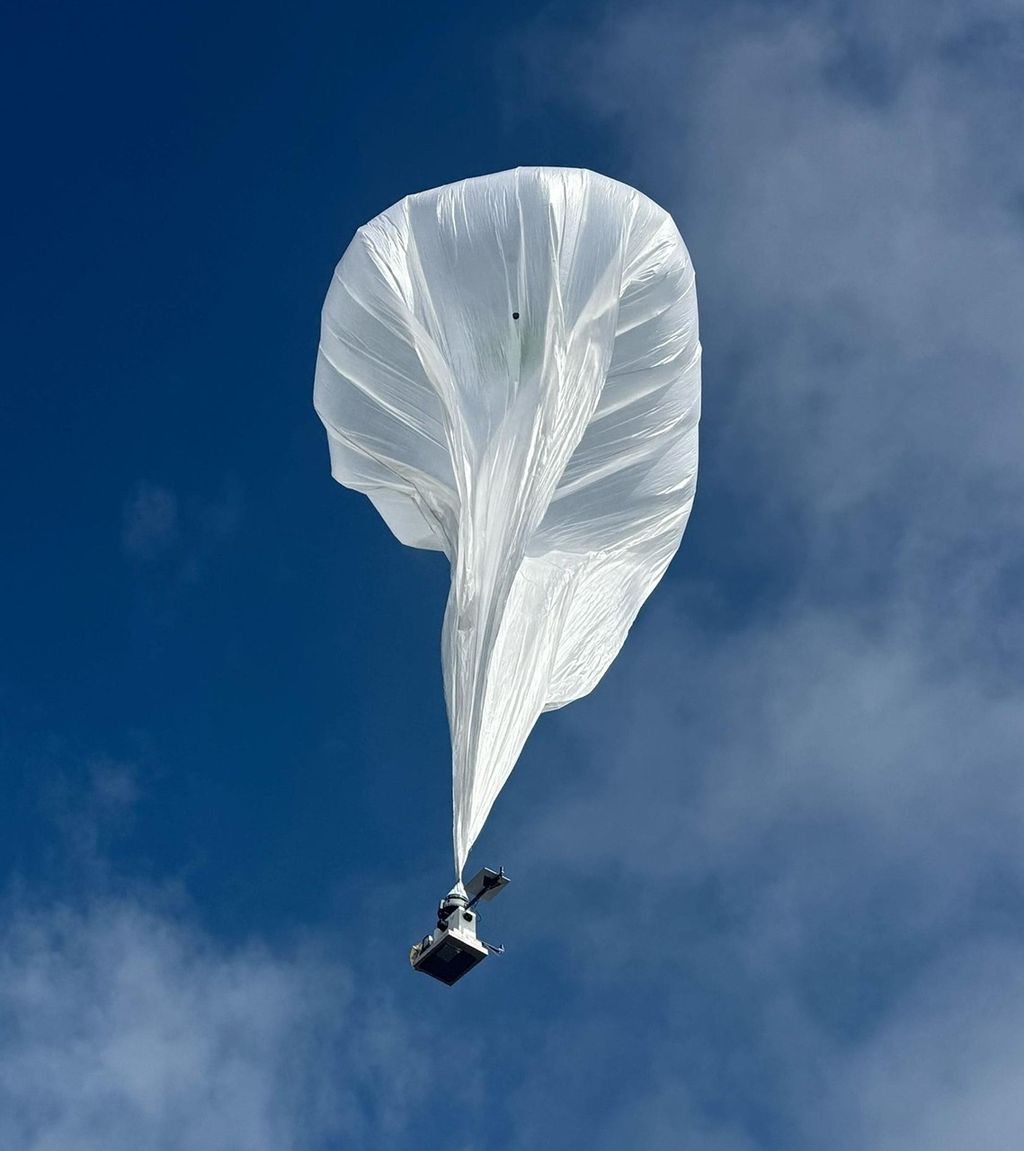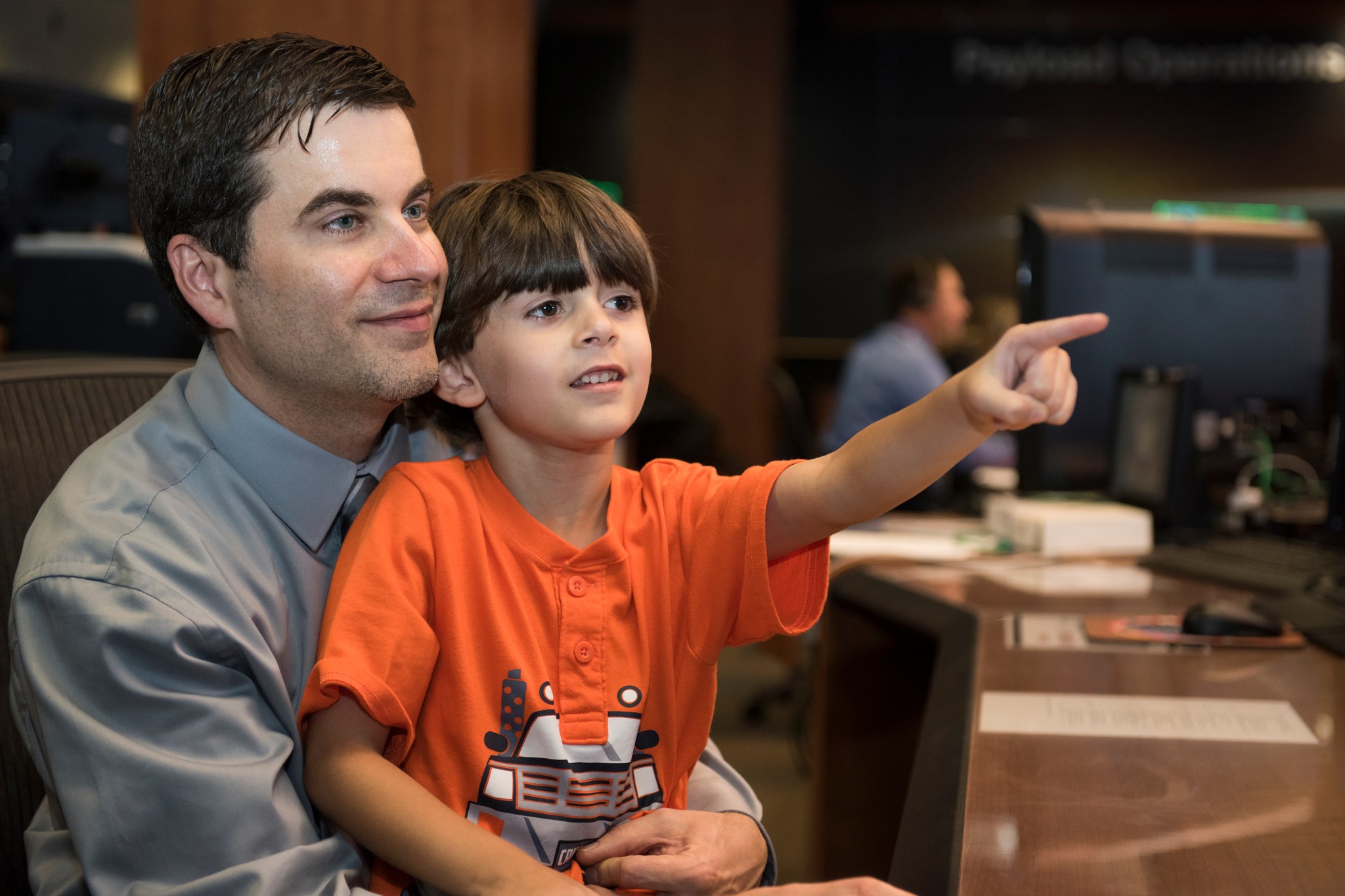It’s a good thing Jason Norwood is not afraid of heights.
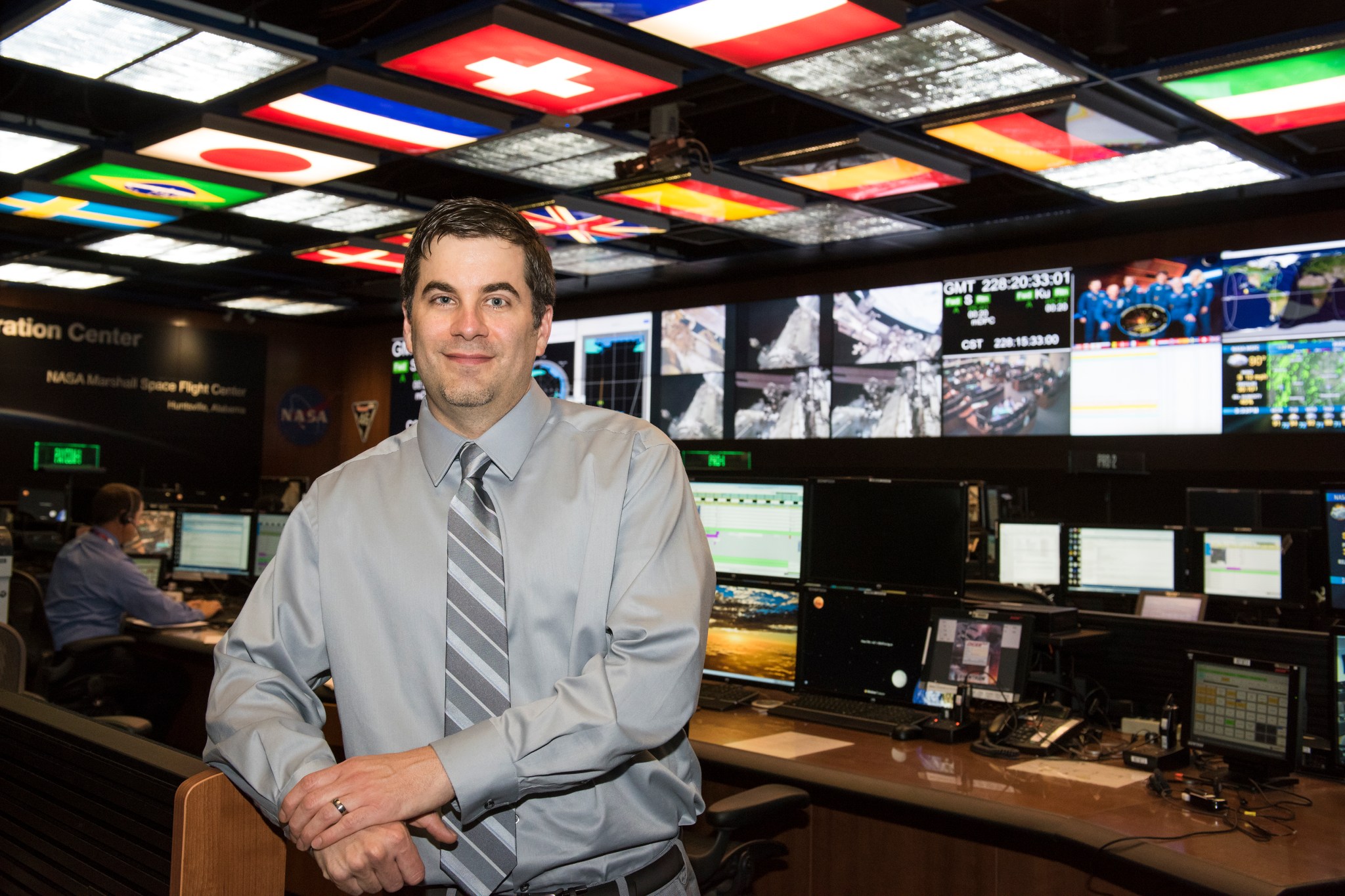
When Jason was a boy, his father David Norwood worked as a contractor for NASA at Vandenberg Air Force Base in California, helping develop the Space Launch Complex — a back-up launch pad for the Space Shuttle Program.
One evening, Norwood took 9-year-old Jason on a tour of the project – a tour which would later have a profound effect.
“We were near the top of the tower on the pad and it struck me about what an amazing and important mission my father and the agency had,” Norwood recalls today. “I realize now that moment brought NASA into full focus as the group flying to space and pushing the intellectual boundaries to help mankind.”
Now, as deputy branch chief of the Training and Crew Operations for the International Space Station at NASA’s Marshall Space Flight Center in Huntsville, Alabama, Norwood is inspired by the people he works with every day. He leads the team that teaches future station crew members the step-by-step procedures of the science investigations the astronauts will conduct while in orbit.
For a short time after graduating from Auburn University in Alabama in 2000 with a bachelor’s degree in electrical engineering, Norwood wasn’t sure what his future held. “I knew I wanted to be the best electrical engineer I could,” he says. “I just wasn’t sure where that would be.” As he applied for jobs near his home in Decatur, Alabama, he recalled his childhood adventure on that California launch pad. He started looking for positions working with NASA, and soon landed with Teledyne Brown Engineering of Huntsville, working on data communications between Earth and the orbiting experiments on the space station.
He quickly gained a better understanding of what it was like to work on a truly international project, leading a team working with engineers from Brazil — one of the countries contributing to the early construction of the orbiting laboratory.
“We were building a pallet so we could mount investigations on the exterior of the space station,” says Norwood. “It was one of the more challenging times of my career. I was fresh out of college, working with a team that literally spoke a different language, trying to help design and integrate data and power connections for other scientists from the U.S., Japan and Europe who all had different requirements. I learned it’s one thing to understand electrical engineering, but another thing entirely to integrate the design while overcoming a language and cultural barriers.”
The experience also taught Norwood important leadership skills that he would carry forward for the rest of his career. He soon transitioned to working in the Payload Operations Integration Center — science mission control for the space station located at NASA’s Marshall Center. He served in multiple flight controller positions and had opportunities to personally send commands from Earth to the space station, developing crew training and test procedures, talking to astronauts in orbit and leading resolutions to a variety of anomalies.
“It was exciting to work directly with astronauts and scientists around the world,” Norwood says. “I was helping people who had been dreaming about making scientific advances for 20 years. We were on the cutting edge of discoveries and, within that first year, I knew I wanted to help lead this team.”
In 2007 he got his chance. Norwood was selected to join NASA as a payload operations director, leading the group of flight controllers who work 24/7 with astronauts to perform science in microgravity. His new position allowed him to continue developing his leadership skills.
When named deputy chief of training and crew operations in 2015, it allowed him the opportunity to influence and help others advance as he had been helped. “I enjoy leading a team of experts and facing the challenges of any given day — helping people to mitigate risk and improve our procedures,” he says. “I get a sense of satisfaction in working with people, reminding them of their potential and what we’re accomplishing, and then helping them develop their technical and leadership skills to lead our mission.”
For Norwood, the nation’s space agency has become a family business. Norwood followed in his father’s footsteps — both attended Auburn and went to work for NASA. Norwood has been married for 10 years to Whitney Norwood, also a former flight controller at Marshall.
Now they are passing along that sense of wonder to their 5-year-old son Camden. “He has met astronauts that we’ve trained at Marshall, and he’s already watching spacewalks on NASA-TV,” Norwood says, smiling. “He used to get a big kick out of seeing daddy on television working on the consoles and talking to the space station crew.”
But after a few moments of reflection, Norwood reminds himself of the responsibility he and his team carry.
“My job is challenging. We have an important goal to accomplish a science mission. We want to help make important discoveries to improve life on Earth while we explore the stars. But I’ll make sure my son never forgets the people who paved the way and the people I work with every day. We’re all part of an important legacy.”







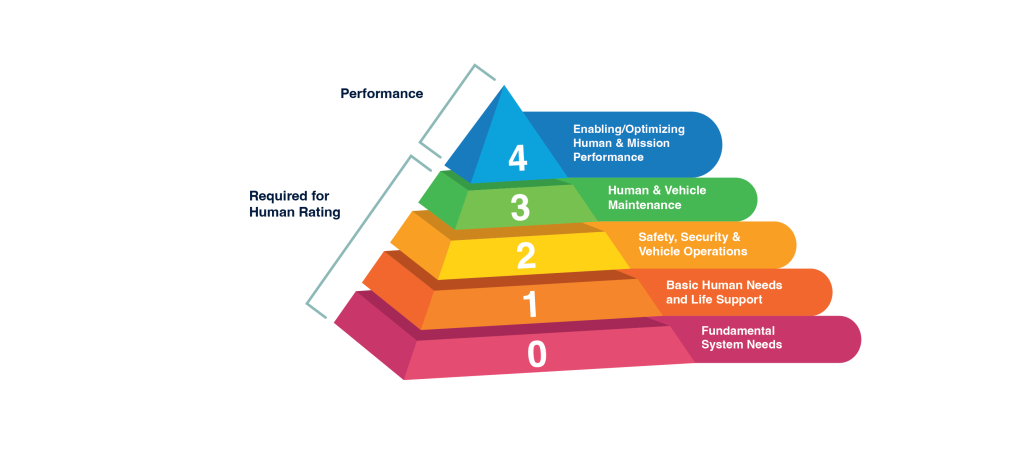



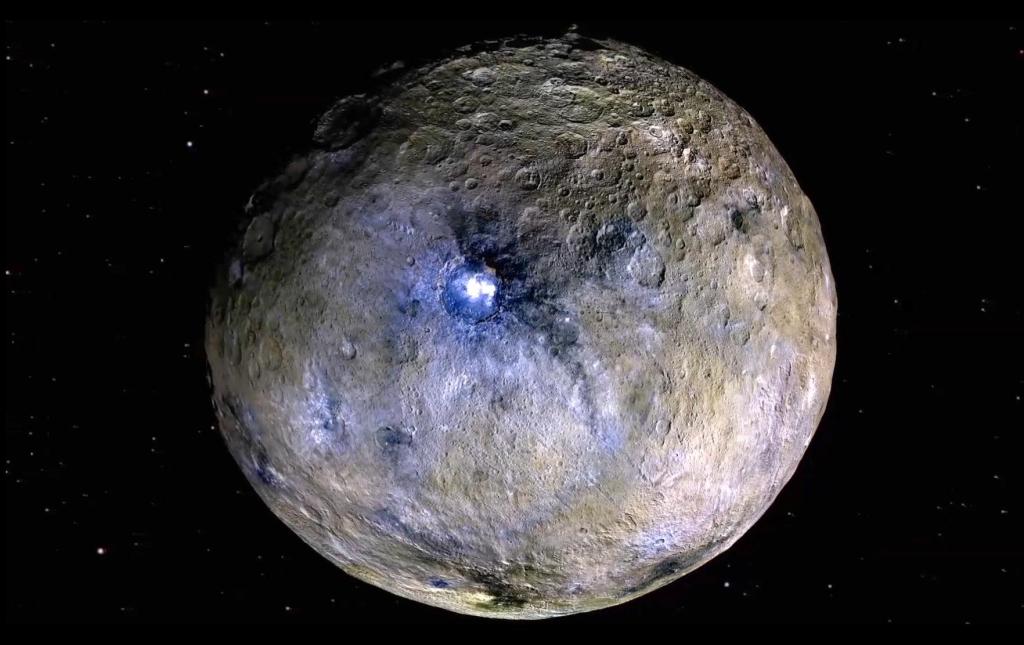
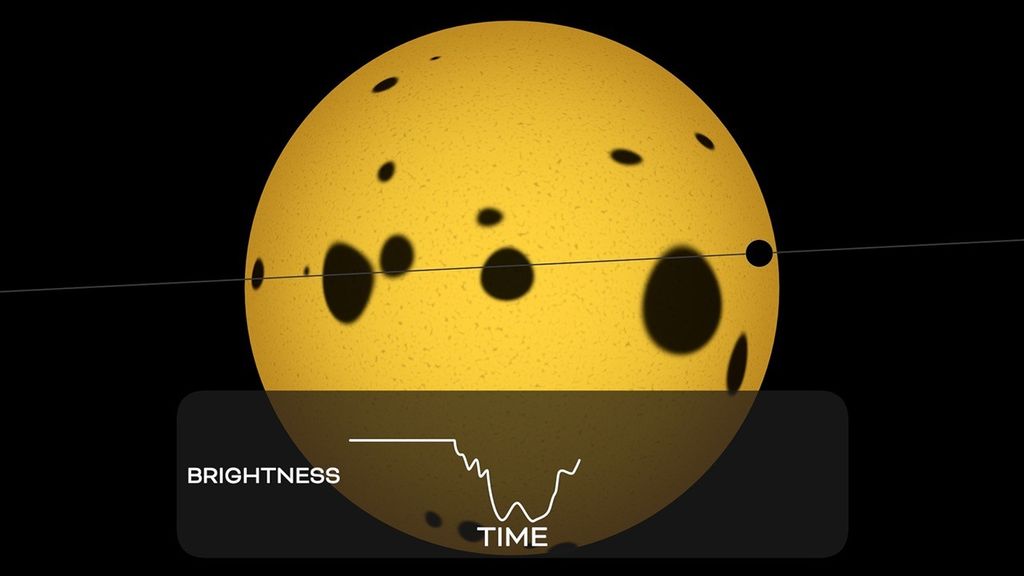
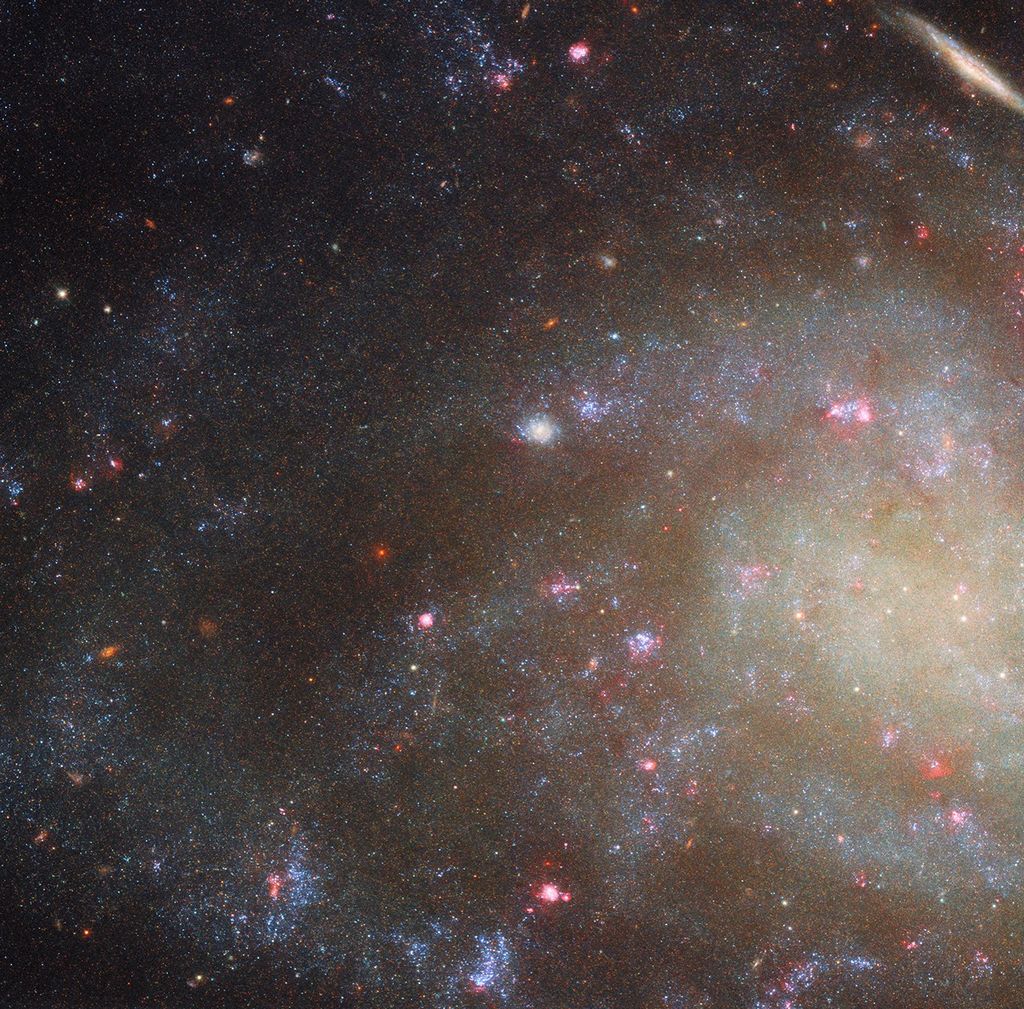
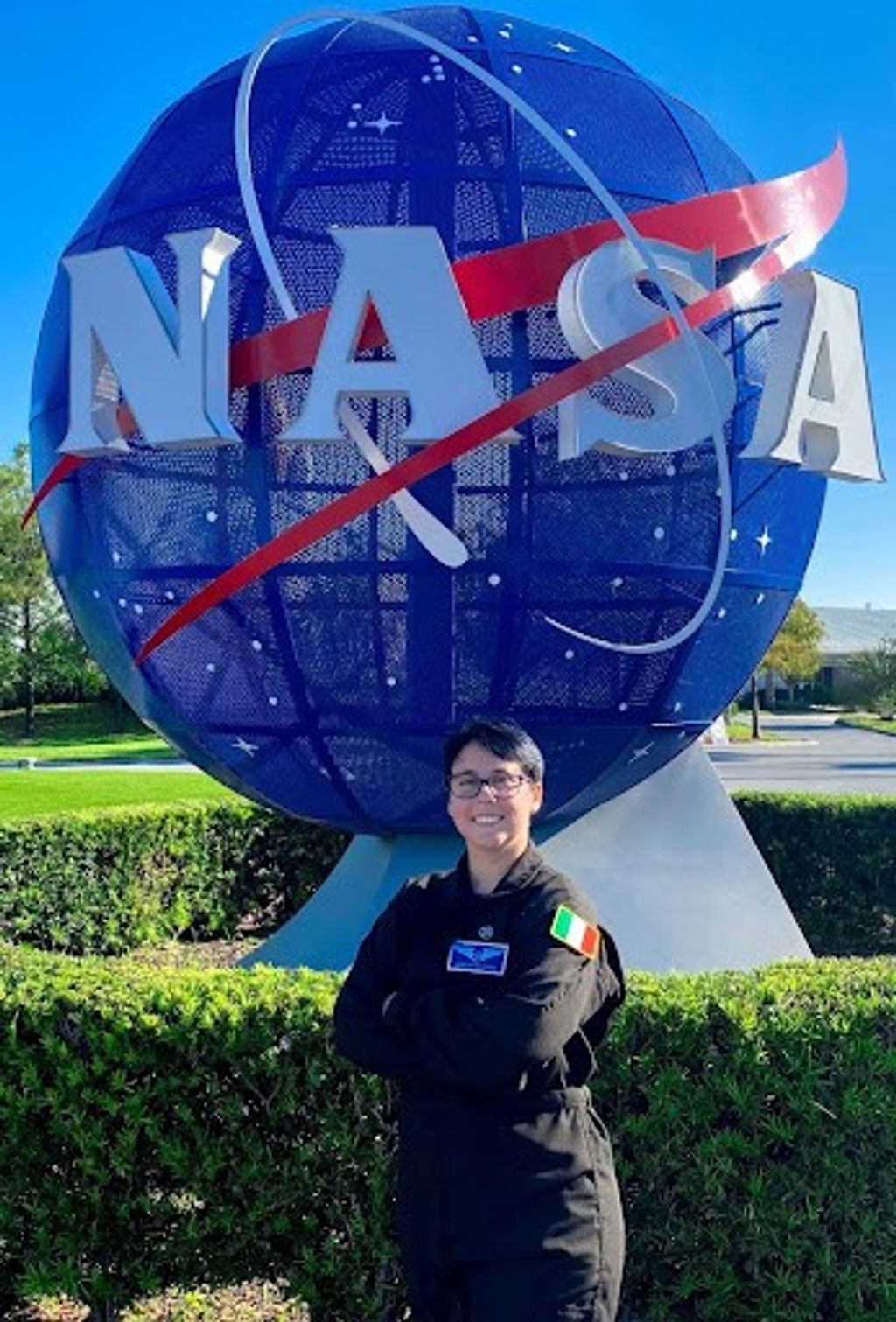
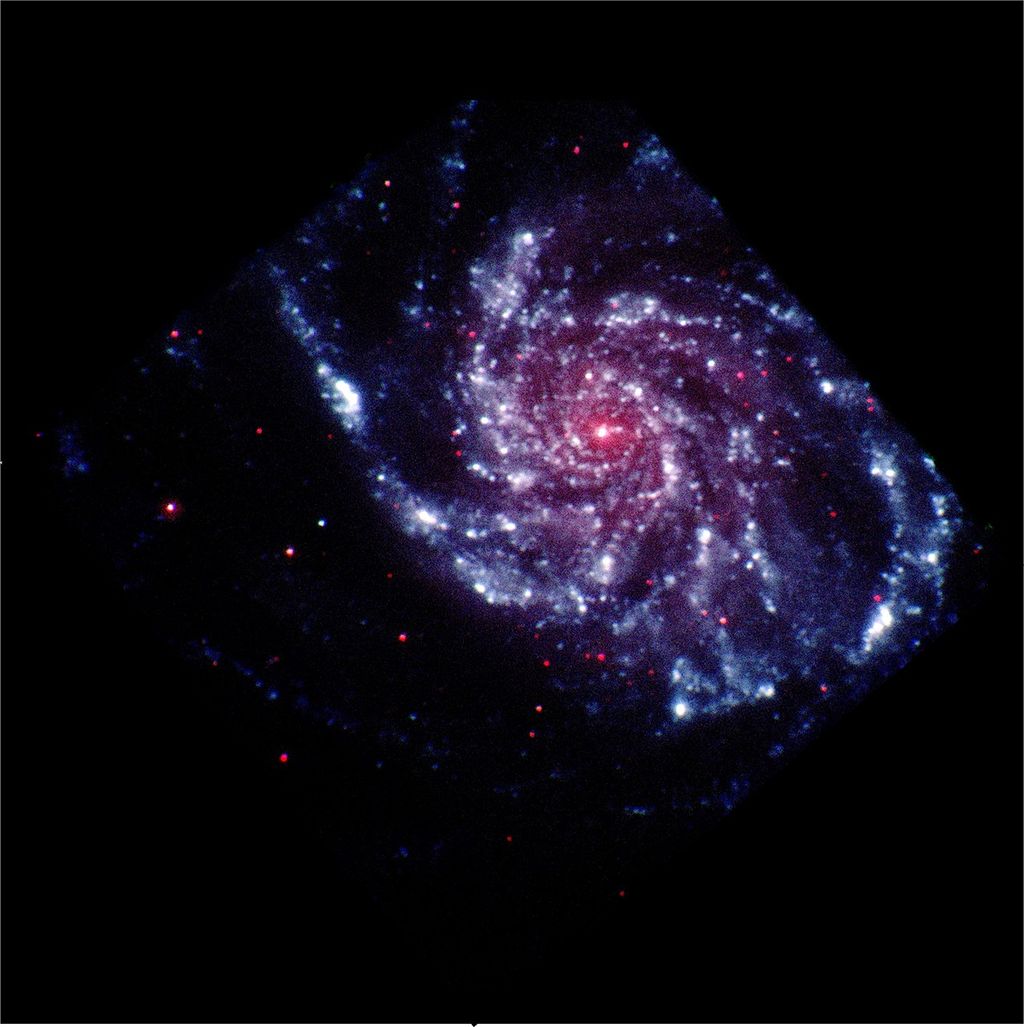
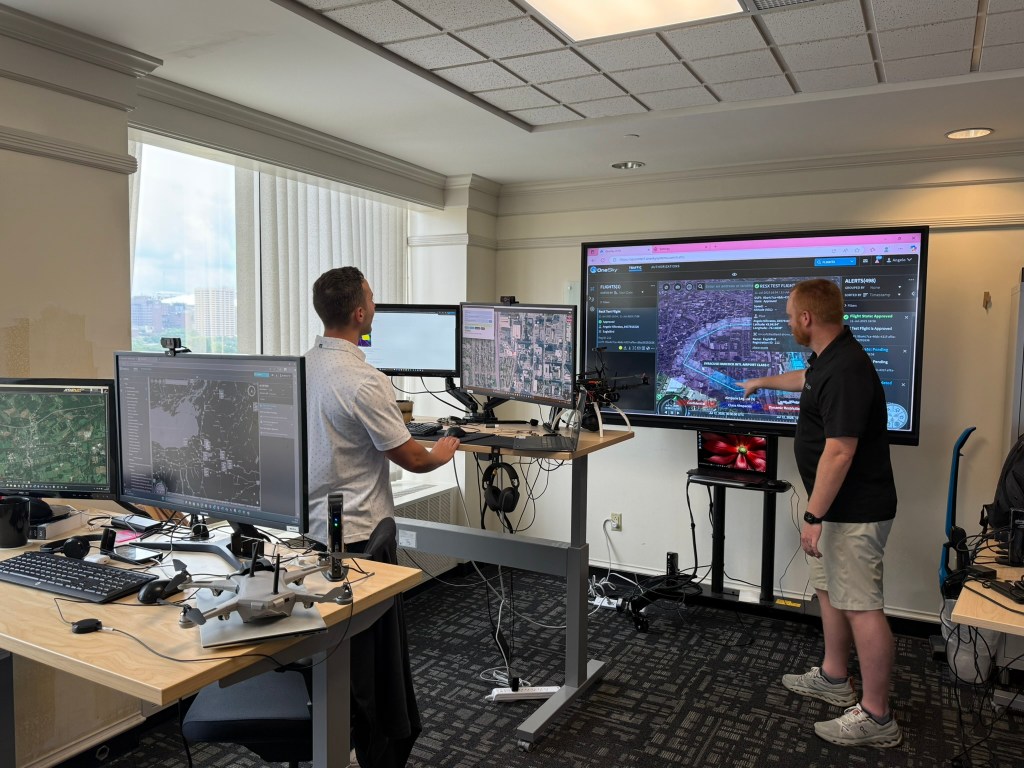







-Carolyn_Y._Ng.jpeg?w=1024)
